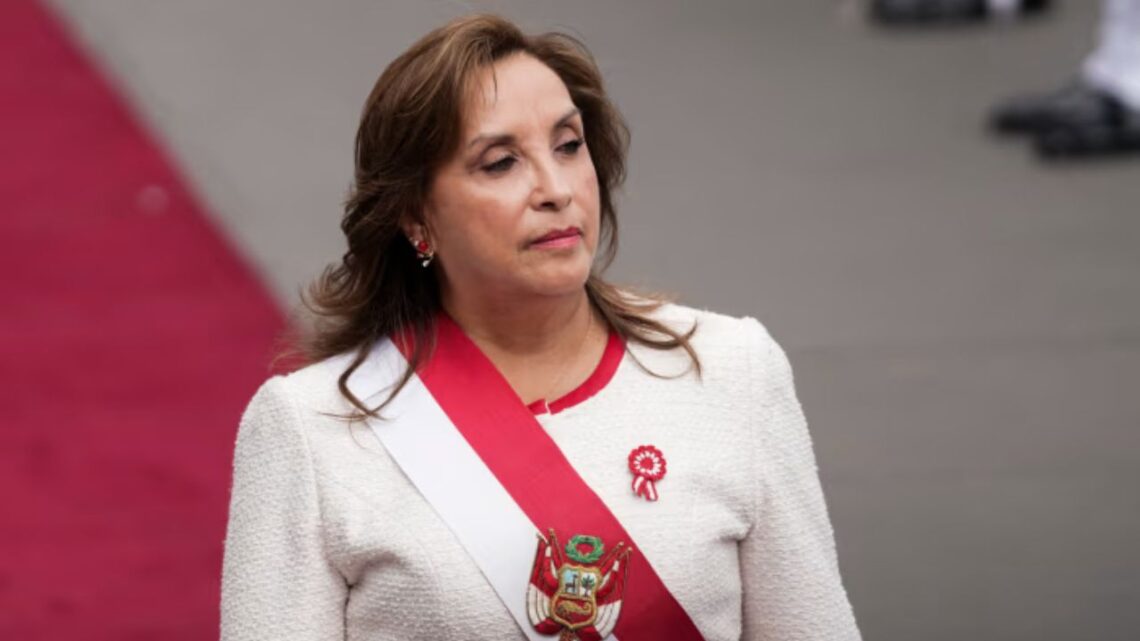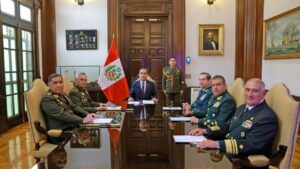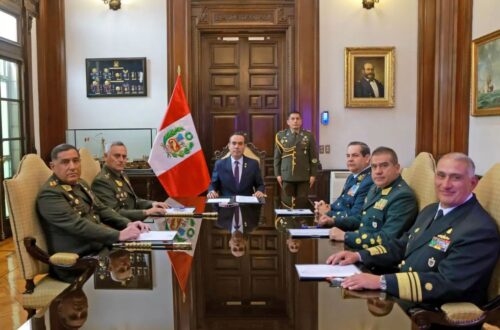Peru has removed its president after months of public anger over rising violent crime, extortion, and a string of corruption controversies that eroded confidence in national leadership.
In an extraordinary session, Congress voted to declare the presidency vacant on grounds of “moral incapacity,” triggering a fast constitutional transition and the swearing-in of a new head of state.
The incoming leadership has promised a hard reset on security policy, urgent anti-corruption measures, and a roadmap to stabilize the country ahead of the next scheduled elections.
Why Congress Moved Now
Public frustration reached a breaking point as homicides, armed robberies, and extortion rackets increasingly affected major cities and transport corridors.
Business groups, civil society organizations, and local governments warned that organized crime was undermining investment, tourism, and daily life.
Meanwhile, a cascade of ethics investigations and asset disclosure questions around the presidency deepened the perception of a government distracted from the security crisis.
Lawmakers concluded that new leadership was necessary to restore trust and deliver results.
What Changes Immediately
- New Executive Team: A new president and cabinet are tasked with rapid security deployment, judicial coordination, and budget realignment to fund crime-fighting operations.
- Security First Agenda: Authorities plan to target extortion networks, improve police-prosecutor coordination, and reinforce border and port controls against arms and narcotics pipelines.
- Crisis Governance: The government will use emergency mechanisms where needed, alongside social programs aimed at prevention, youth employment, and community policing.
Key Developments (At a Glance)
| Area | What Changed | Why It Matters |
|---|---|---|
| Presidency | Congress vacated the office and installed a new president under constitutional succession. | Ensures continuity of government and a mandate to address security. |
| Security Policy | Intensified operations against extortion and hit-squad violence in urban centers; tighter border controls. | Aims to reduce homicides, protect businesses, and rebuild public trust. |
| Anti-Corruption | Asset and ethics reviews accelerated; stricter transparency rules for top officials. | Seeks to restore credibility and deter graft at the highest levels. |
| Economic Confidence | Emergency measures to protect commerce, logistics, and tourism hubs. | Supports jobs, investment, and local tax revenue recovery. |
| Election Timeline | Continuity toward the next scheduled national elections, barring constitutional changes. | Preserves democratic stability while reforms take hold. |
Crime Trends Driving the Shake-Up
Peruvians have faced a palpable sense of insecurity, with reports of contract killings, neighborhood shakedowns, and phone-based extortion spreading from coastal hubs to inland provinces.
Logistics corridors—critical for ports, mining exports, and small-business supply chains—have been targeted by cargo theft and protection rackets.
The new administration’s message is unambiguous: public safety is priority one.
What To Watch Next
- Early Results: Look for short-term metrics—extortion complaints filed, arrests of gang leaders, and the dismantling of call-center extortion cells.
- Institutional Coordination: Expect joint task forces among police, prosecutors, customs, and financial intelligence units to speed case building and asset seizures.
- Community Impact: Expansion of community policing, hotline responsiveness, and witness protection to rebuild citizen cooperation.
- Rule-of-Law Safeguards: Strong oversight is essential so emergency security tools target criminals—not civil liberties.
- Economic Signals: Watch for business confidence surveys, tourism flows, and port throughput as leading indicators of stabilization.
Peru’s decision to remove an unpopular president reflects a national demand for security, integrity, and results.
The new leadership now faces a defining test: translating bold promises into fewer homicides, weaker extortion networks, and visible rule-of-law gains—all while preserving democratic safeguards and reviving economic confidence.
If the government can deliver early wins and sustain reforms, Peru can begin to turn the page on a turbulent chapter and rebuild trust in its institutions.









